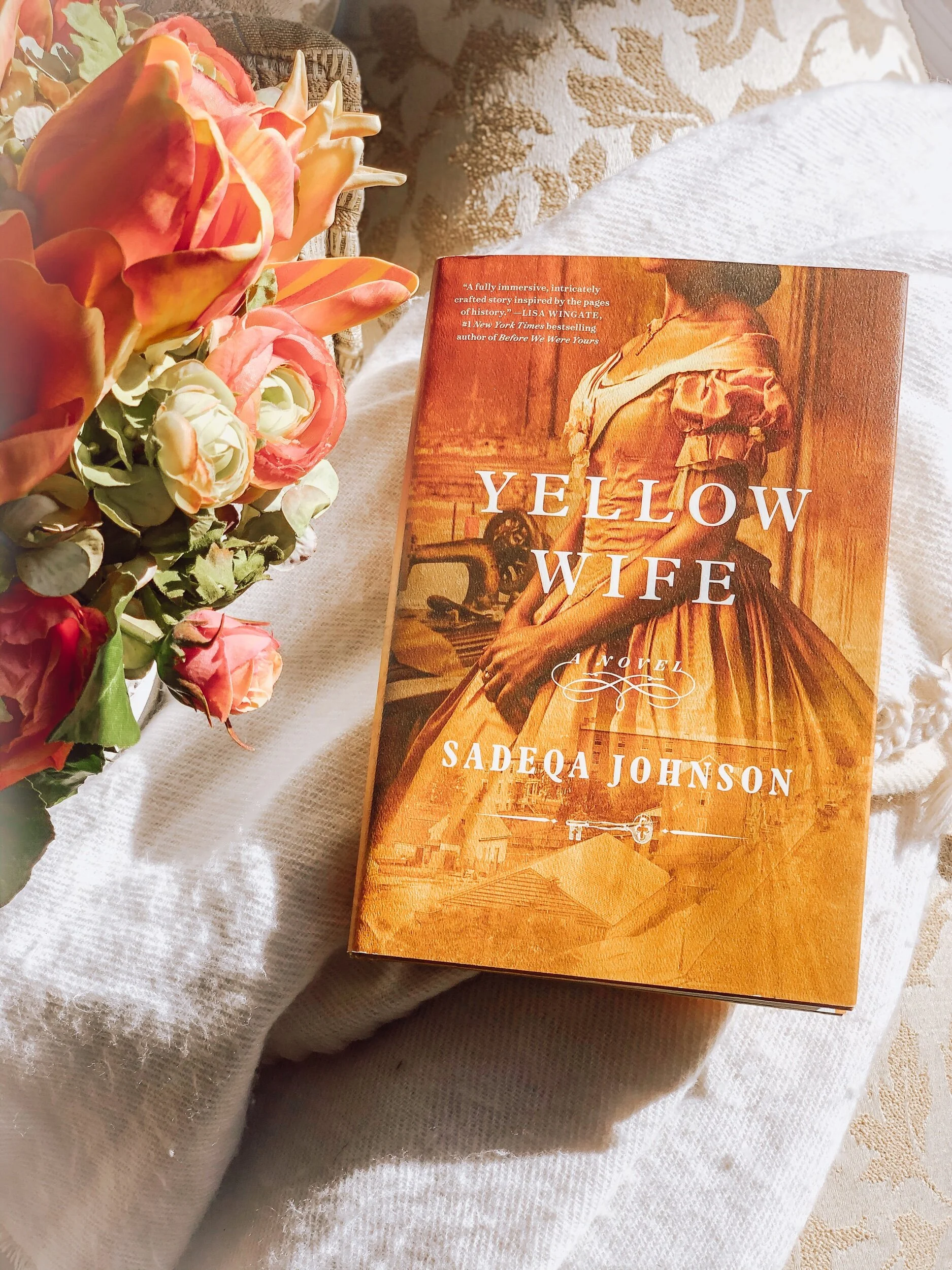The Yellow Wife
This was a story that needed to be told. This is a story that needs to be shared. This is a story that needs to be revisited.
In the pages of The Yellow Wife, we are given a glimpse of slavery in 1850’s Virginia through the eyes of Pheby Delores Brown. Pheby is born on a plantation in Charles City, Virginia to her beloved mother Ruth, who would move Heaven and Earth for her child. And does.
Life goes on well enough for Pheby as a slave on Master Jacob’s plantation. Being born with a beautiful face and a pale complexion served in her favor growing up and she was given the opportunity to learn to read, write, and play the piano- things that were considered illegal for a black person in the South to know.
She has dreams of attending school in Massachusetts after her eighteenth birthday (secured by her mother’s great sacrifice,) and a life with her sweetheart, Essex Henry. Under her mother’s constant reminder, it is instilled into Pheby that she is a free woman, only a slave in name.
Pheby’s world is disastrously turned upside down as she is sent off to be sold at the hands of the spiteful, bitter, and vengeful wife of the plantation owner.
After an arduous, inhumane journey, her life further unravels as she finds herself sold to a sadistic jailer in Richmond who has taken a fancy to her. Pheby finds herself without even the option of escape as she is tethered to the jail by the love for her daughters, fathered by the jailer.
The Yellow Wife is the ultimate example of what a mother is willing to do and sacrifice for her child.
I read this as part of a book club read to be read over the course of March but could not pry myself away from this gripping read. While utterly and undeniably heart wrenching, Johnson writes in such intriguing, profound manner that demands your attention.
The Yellow Wife is a perfect example of why I gravitate towards historical fiction. Yes, we know certain things happened, we know basic facts, but through relatable characters, we are able to connect on an entirely different level. I believe literature to be a pathway towards greater empathy and I applaud Johnson on her raw, captivating storytelling that is sure to leave her readers with a newfound insight towards the horrors of slavery.
This story was inspired by Mary Lumpkin and Lumpkin’s Jail (aka The Devil’s Half Acre) located in Richmond, VA.
In the Author’s Note, Johnson explains this story was largely inspired by her alignment with Spirit , her ancestors, and souls of Lumpkin’s jail wanting their voices to be heard. I imagine them smiling down with pride.

